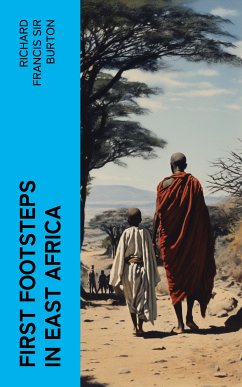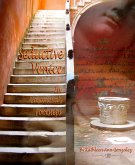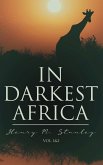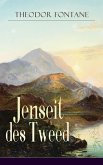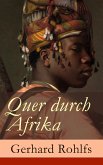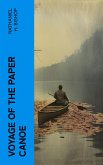Richard Burton's account of his trip from the Red Sea coast to Harar and back in 1854-55 is a great read that demonstrates Burton's powers of observation, vividly descriptive language, and genuine interest in the customs, beliefs, and day-to-day activities of indigenous people. In this book, Burton offers a real insight into the beliefs and way of life of the people he meets.
Dieser Download kann aus rechtlichen Gründen nur mit Rechnungsadresse in A, B, BG, CY, CZ, D, DK, EW, E, FIN, F, GR, H, IRL, I, LT, L, LR, M, NL, PL, P, R, S, SLO, SK ausgeliefert werden.

